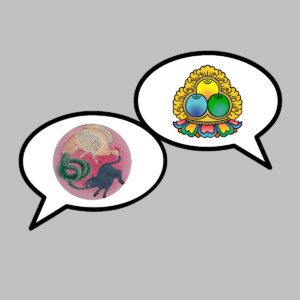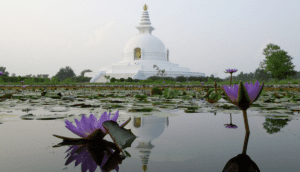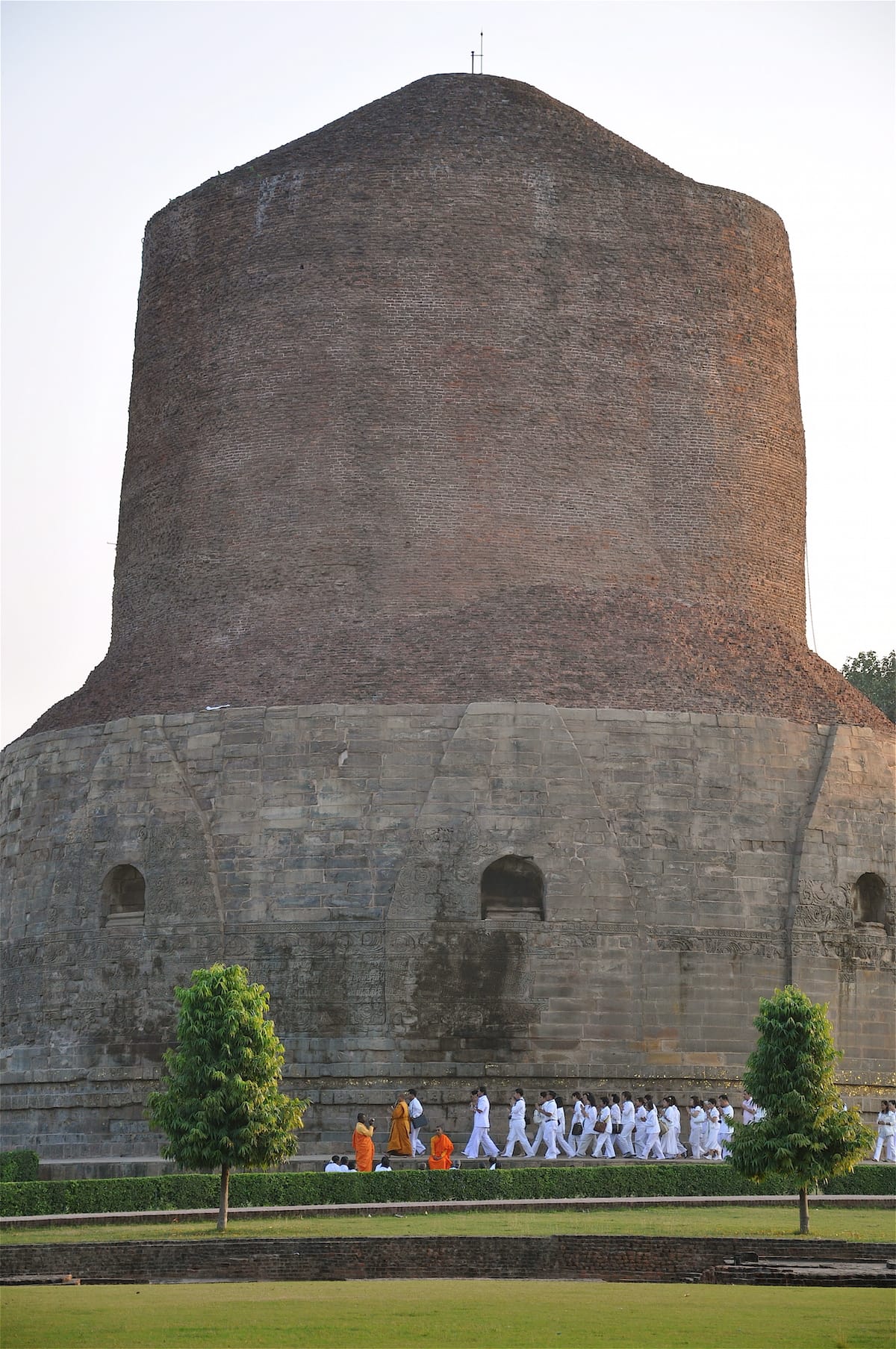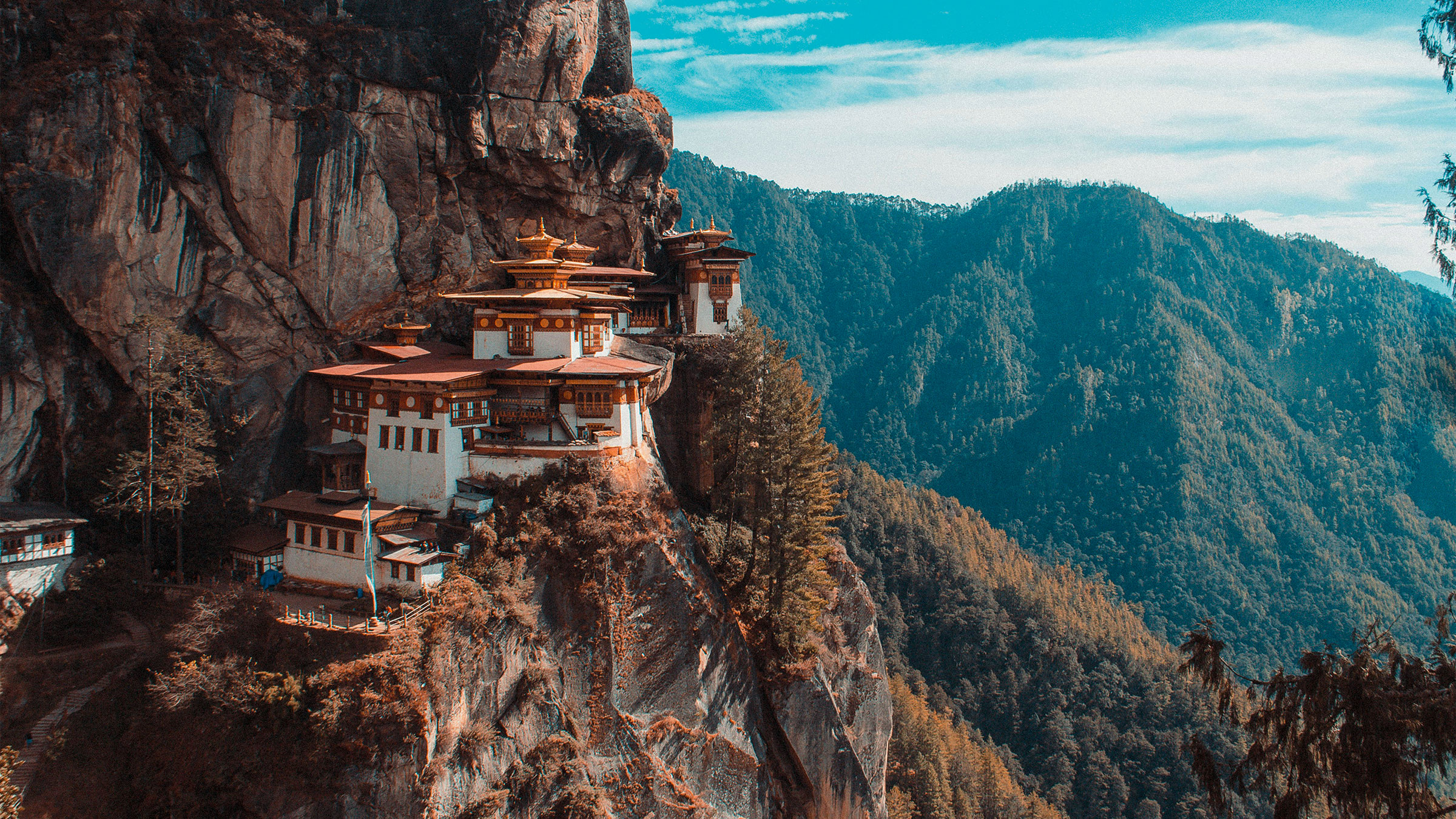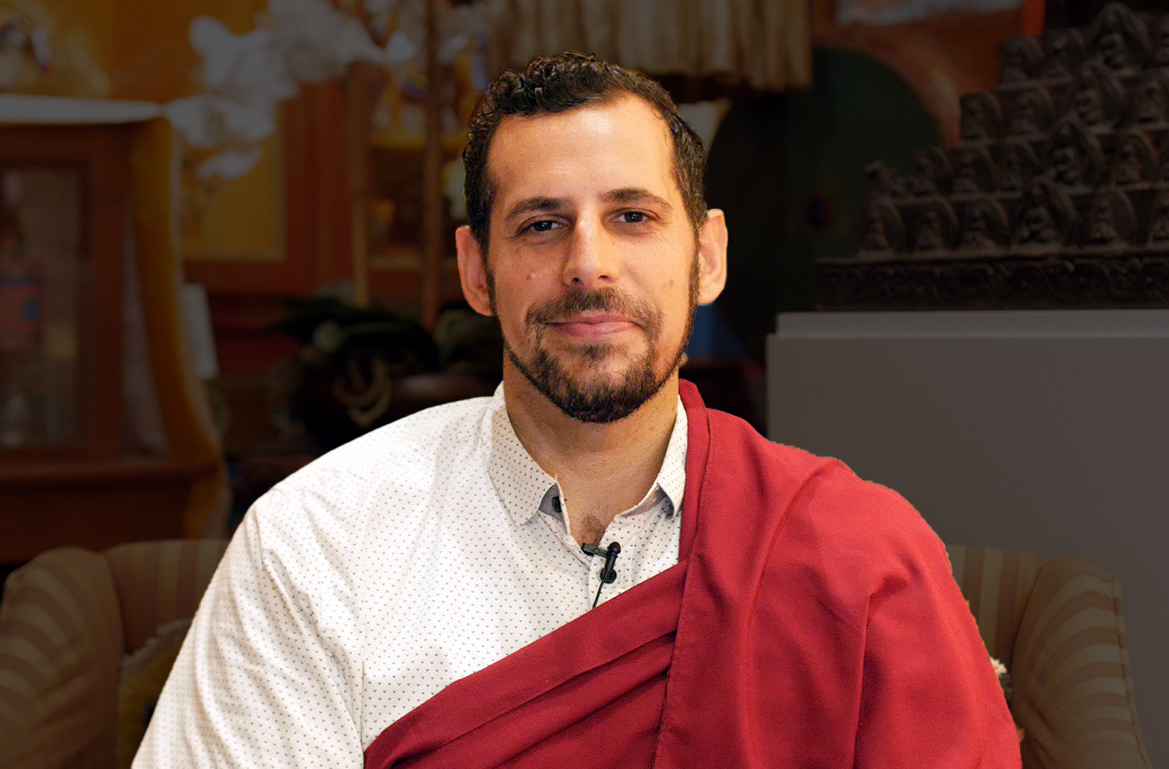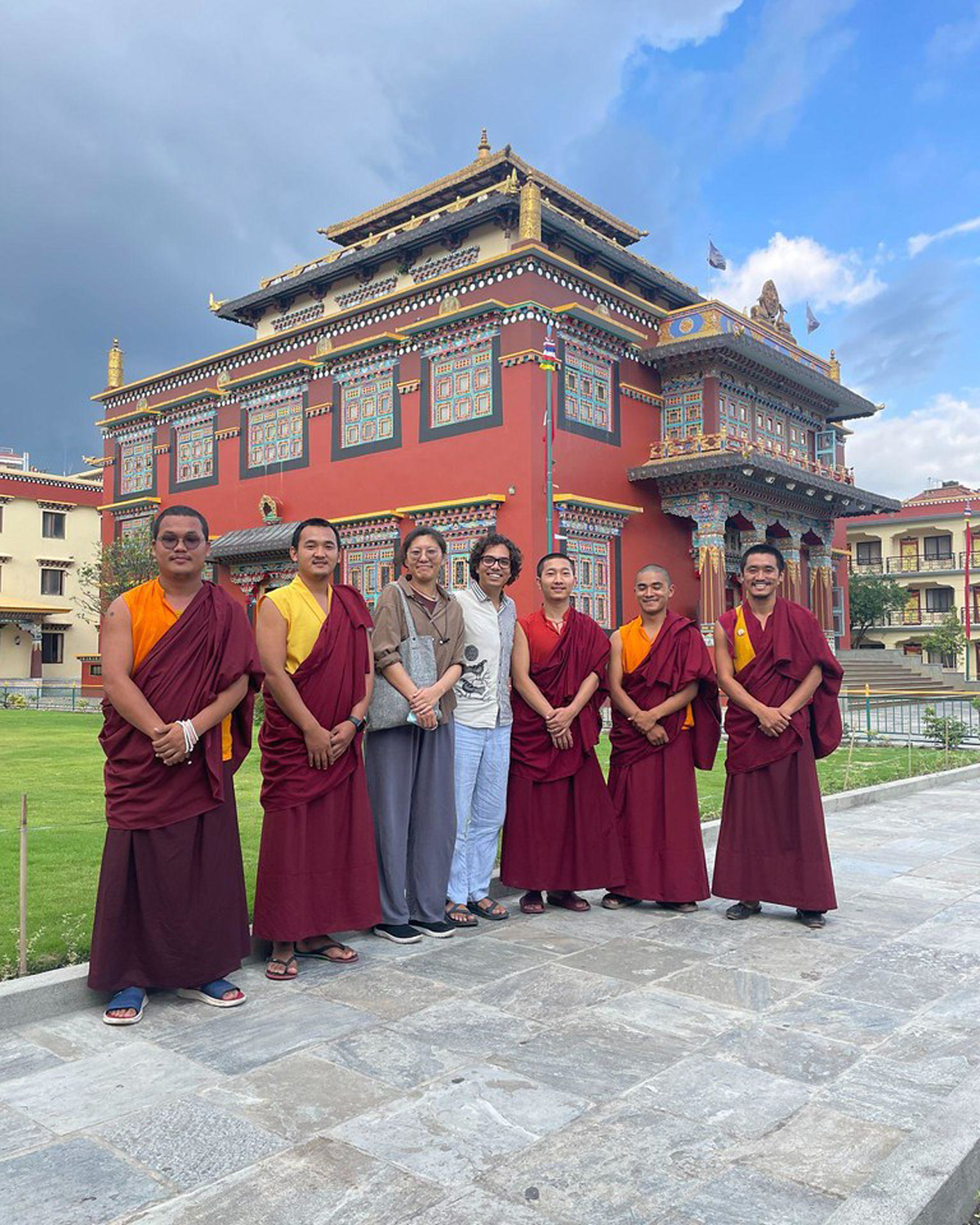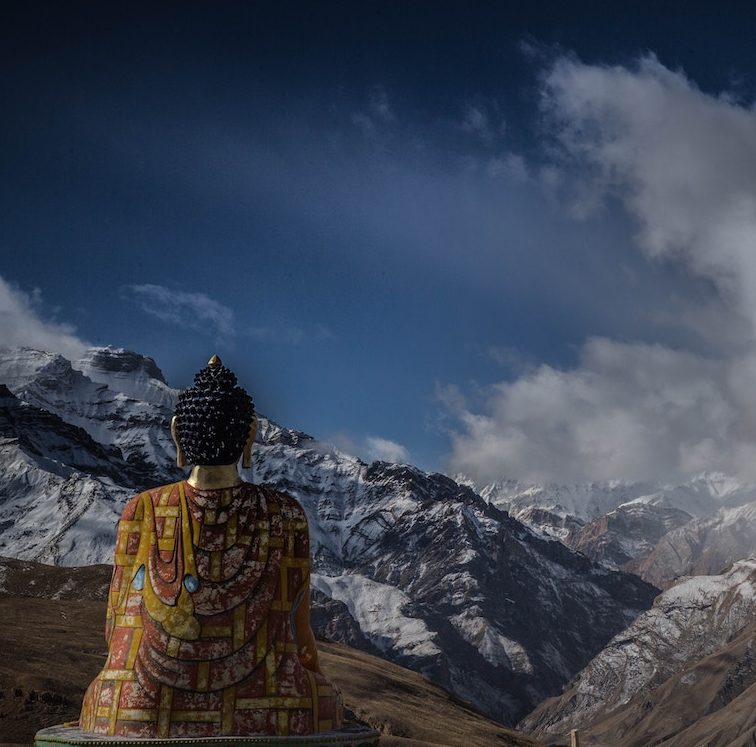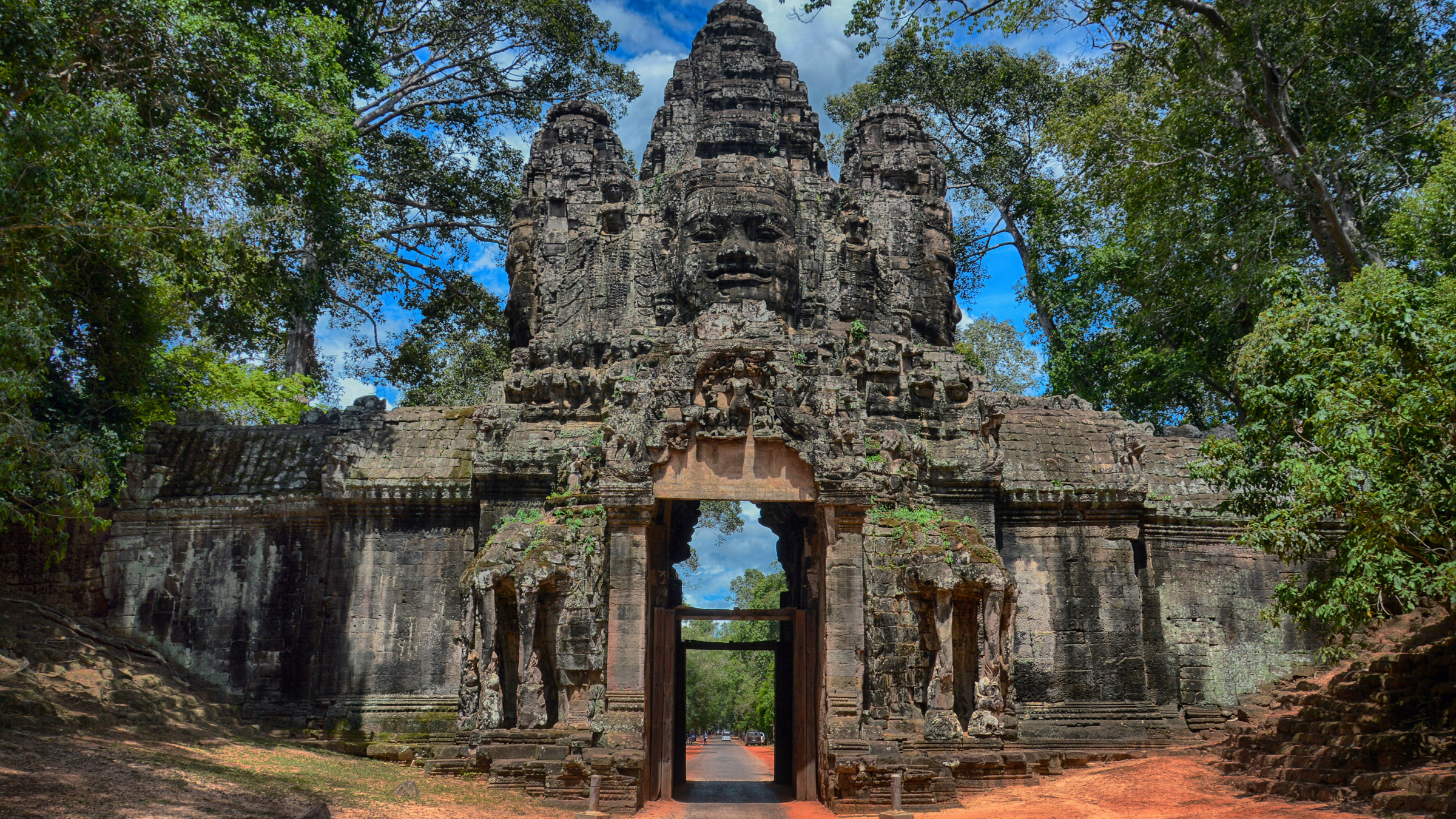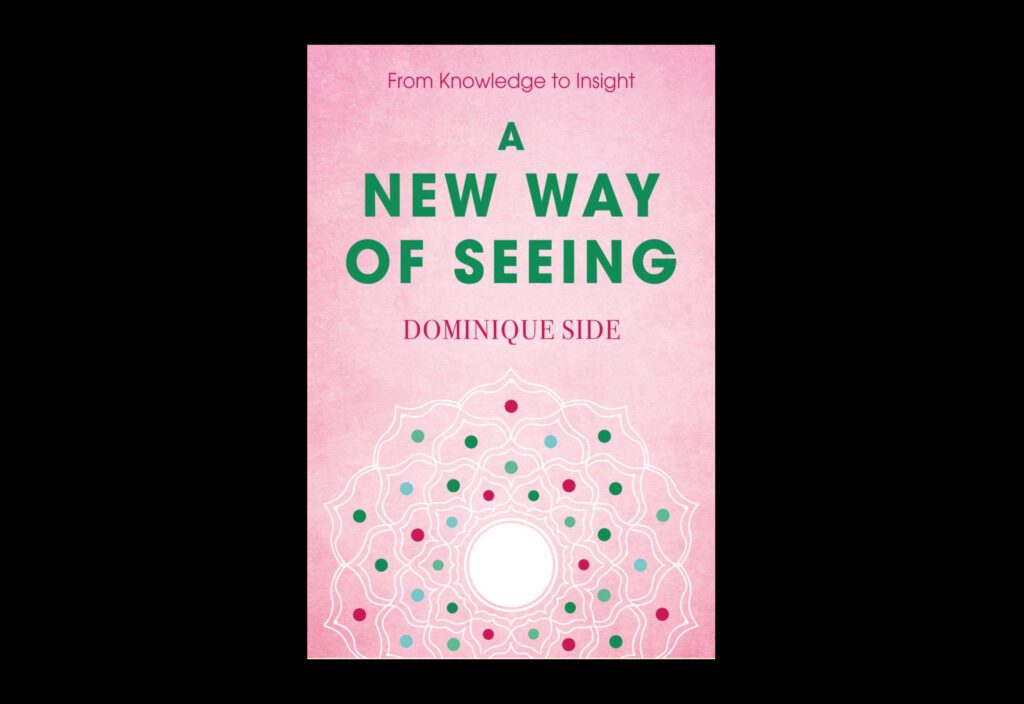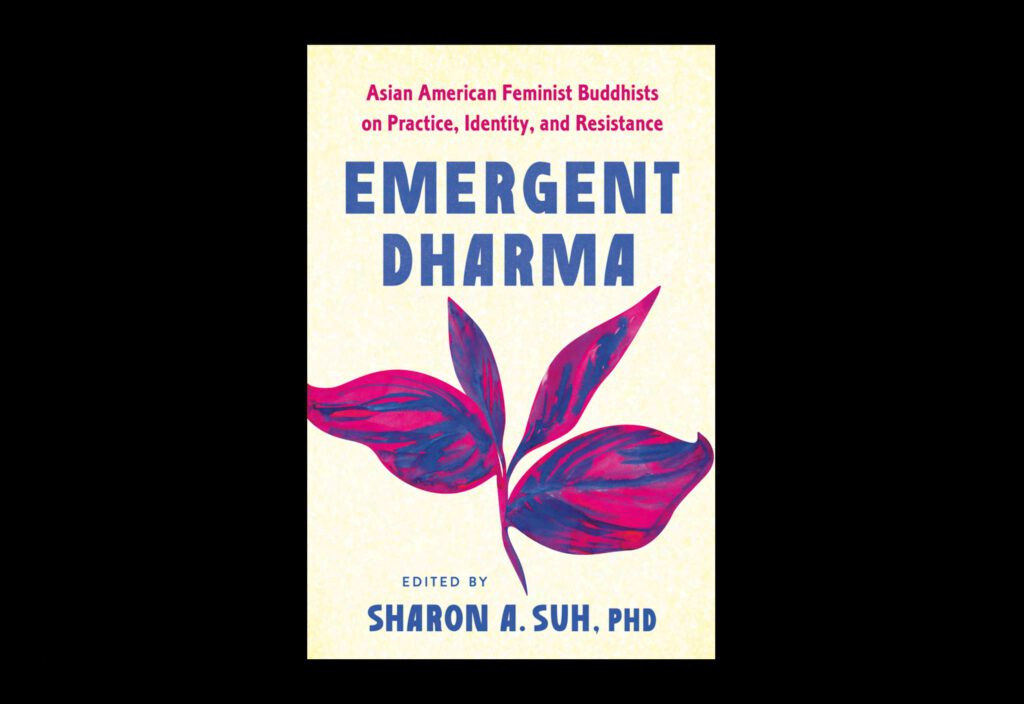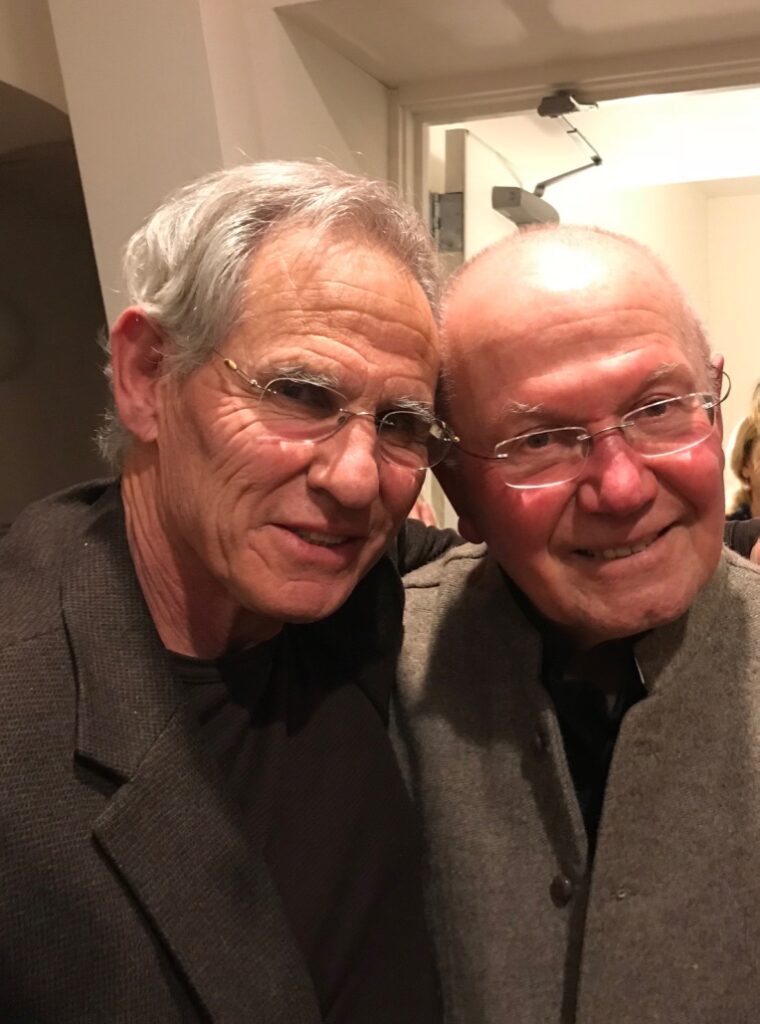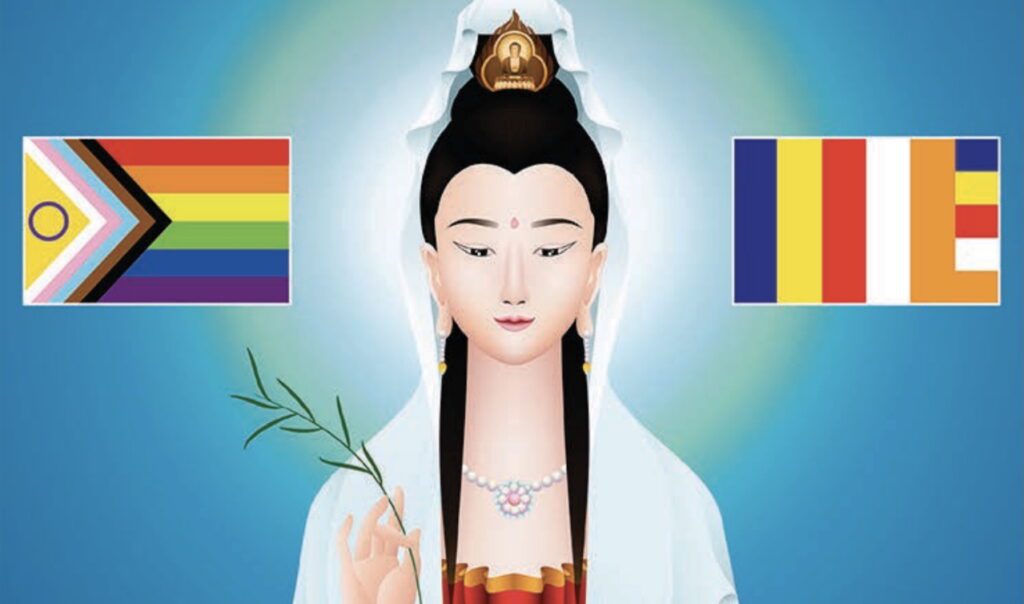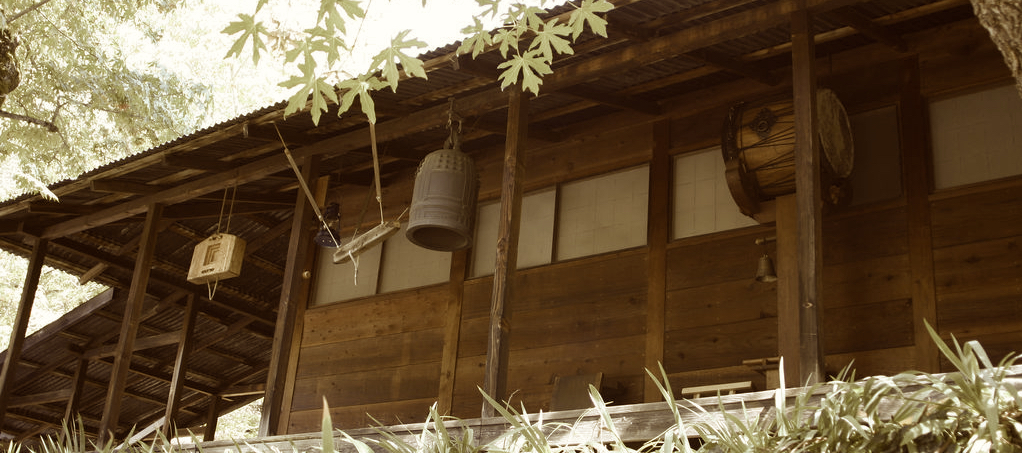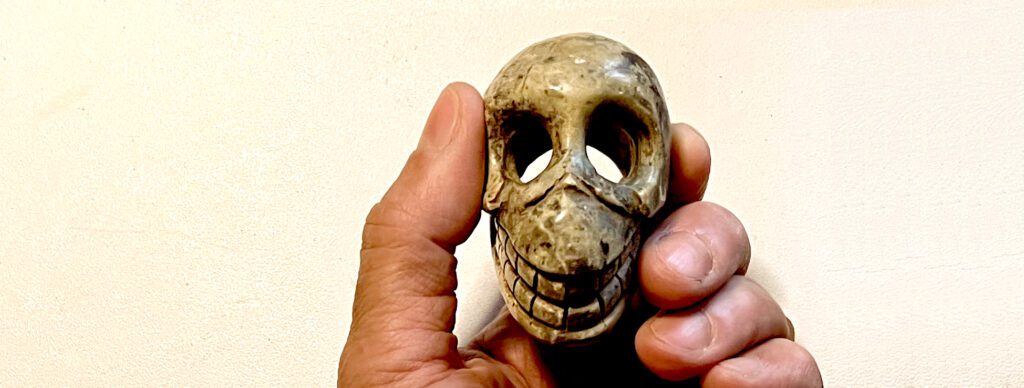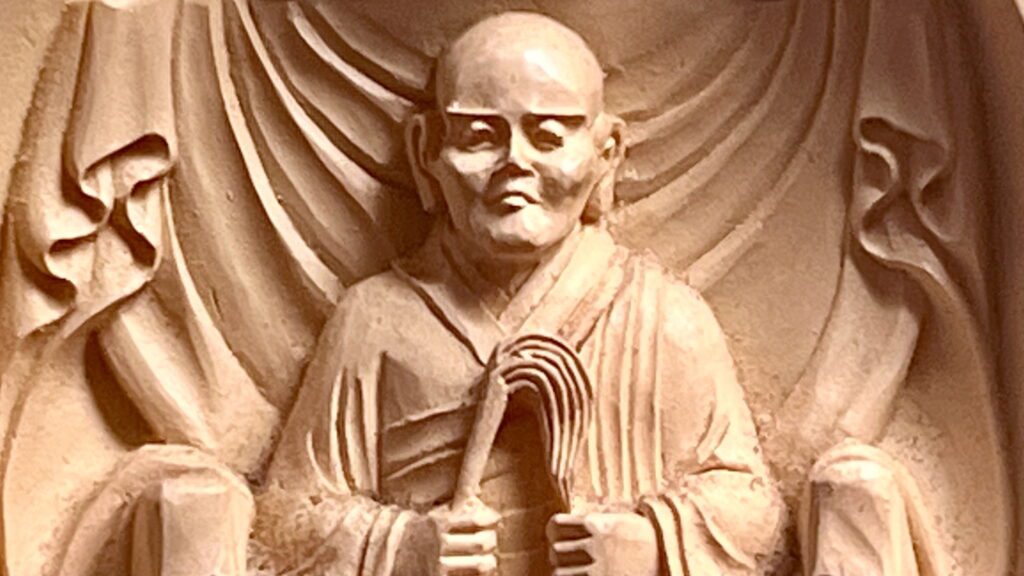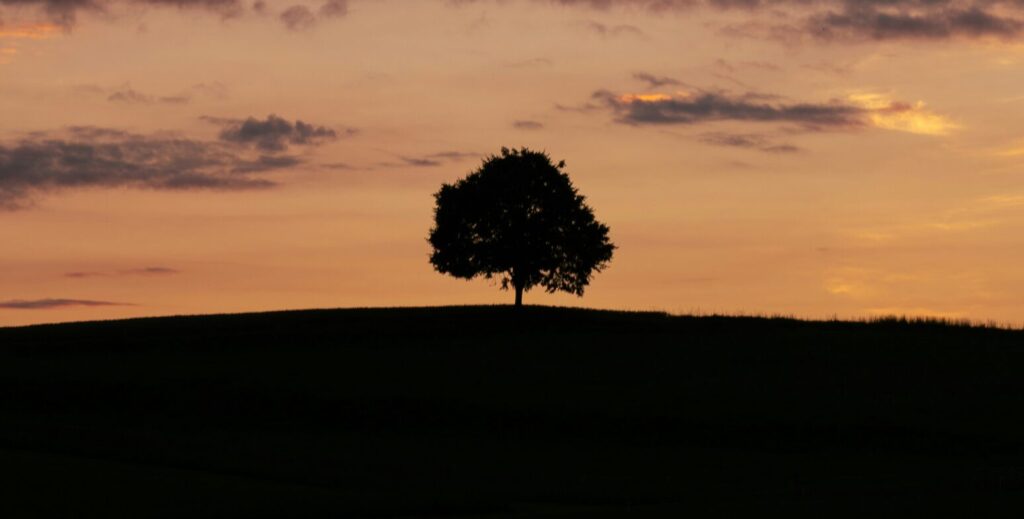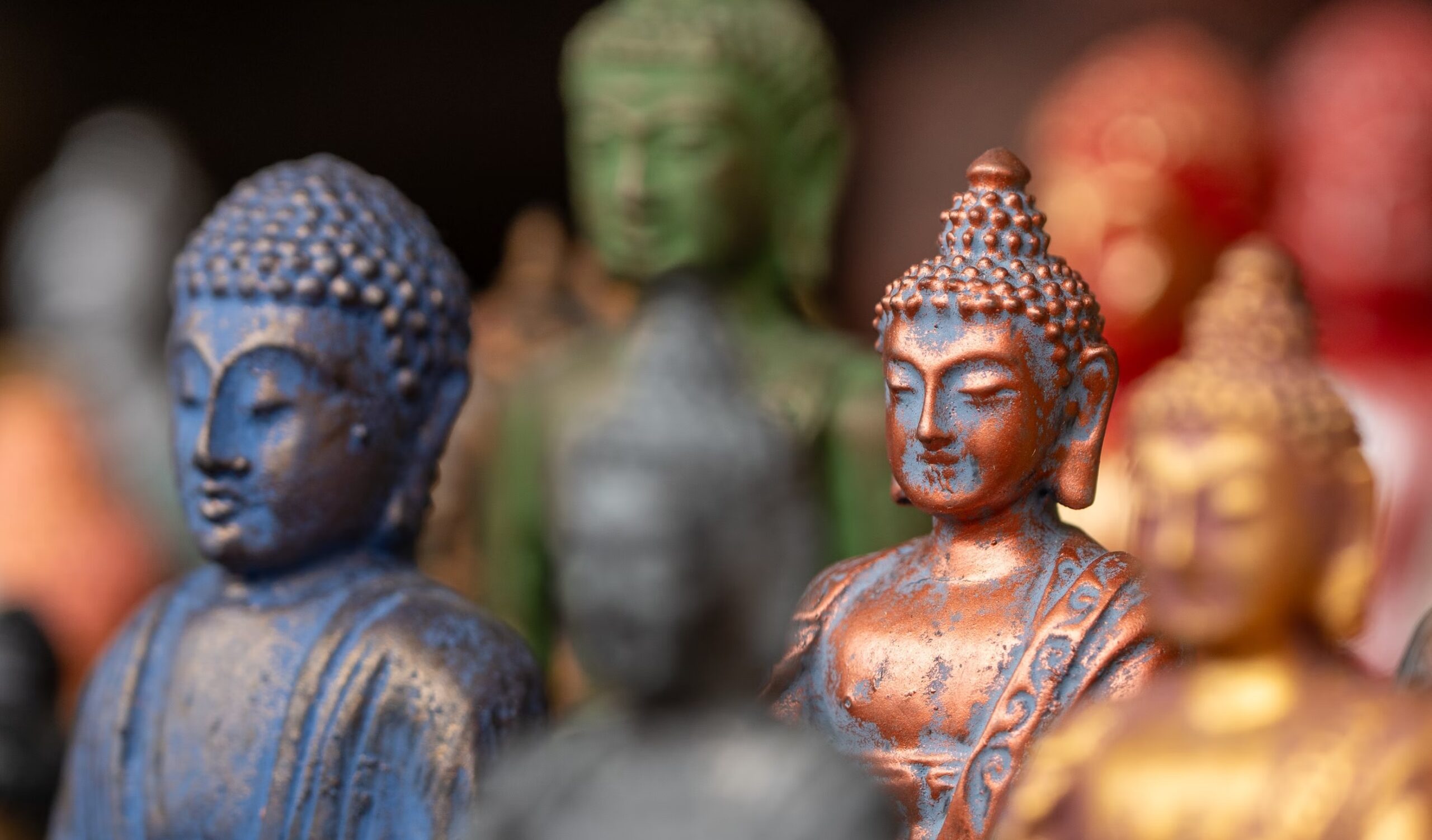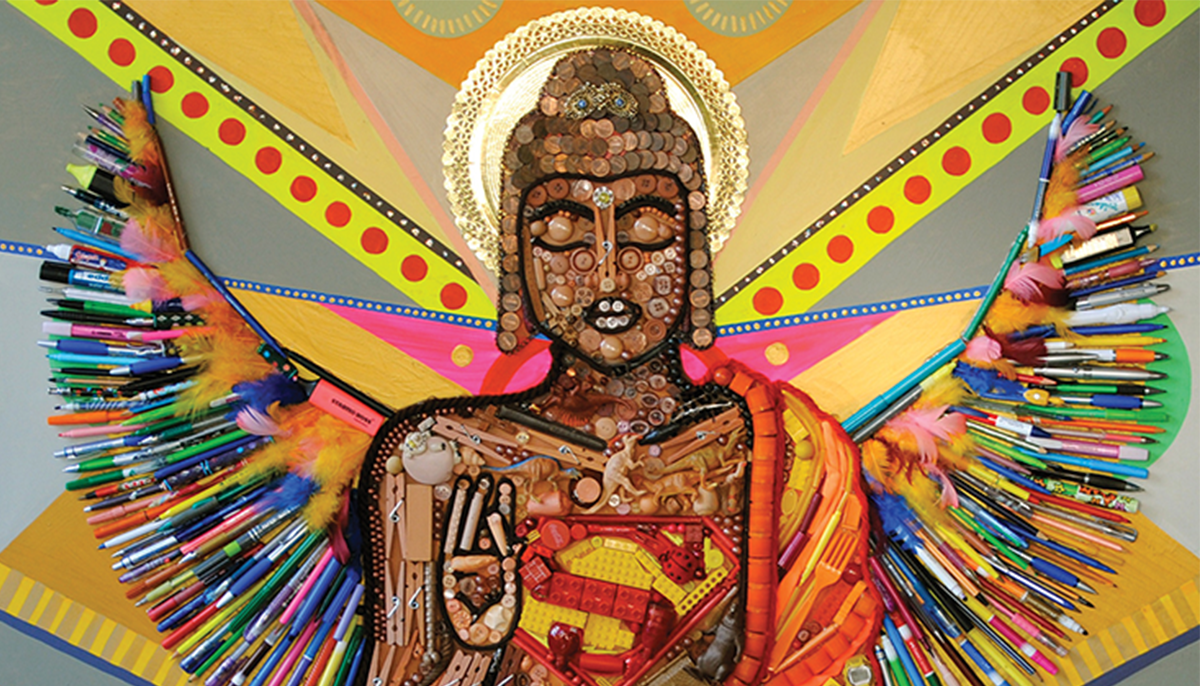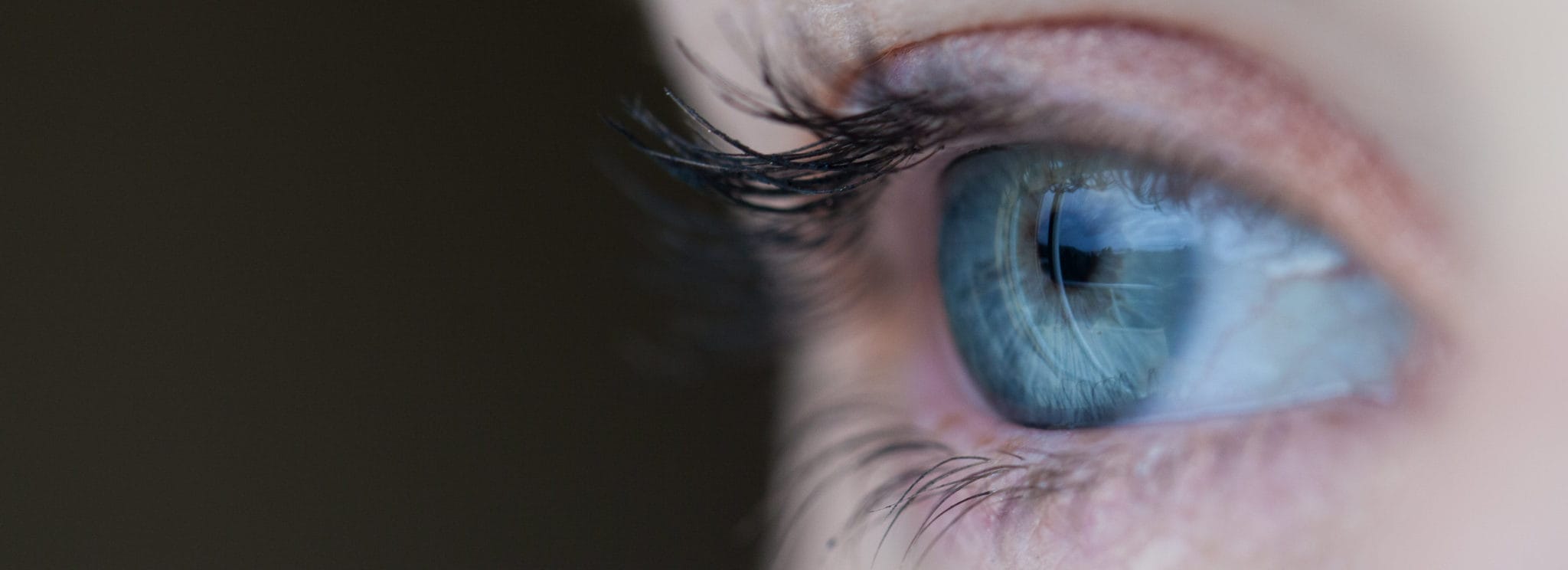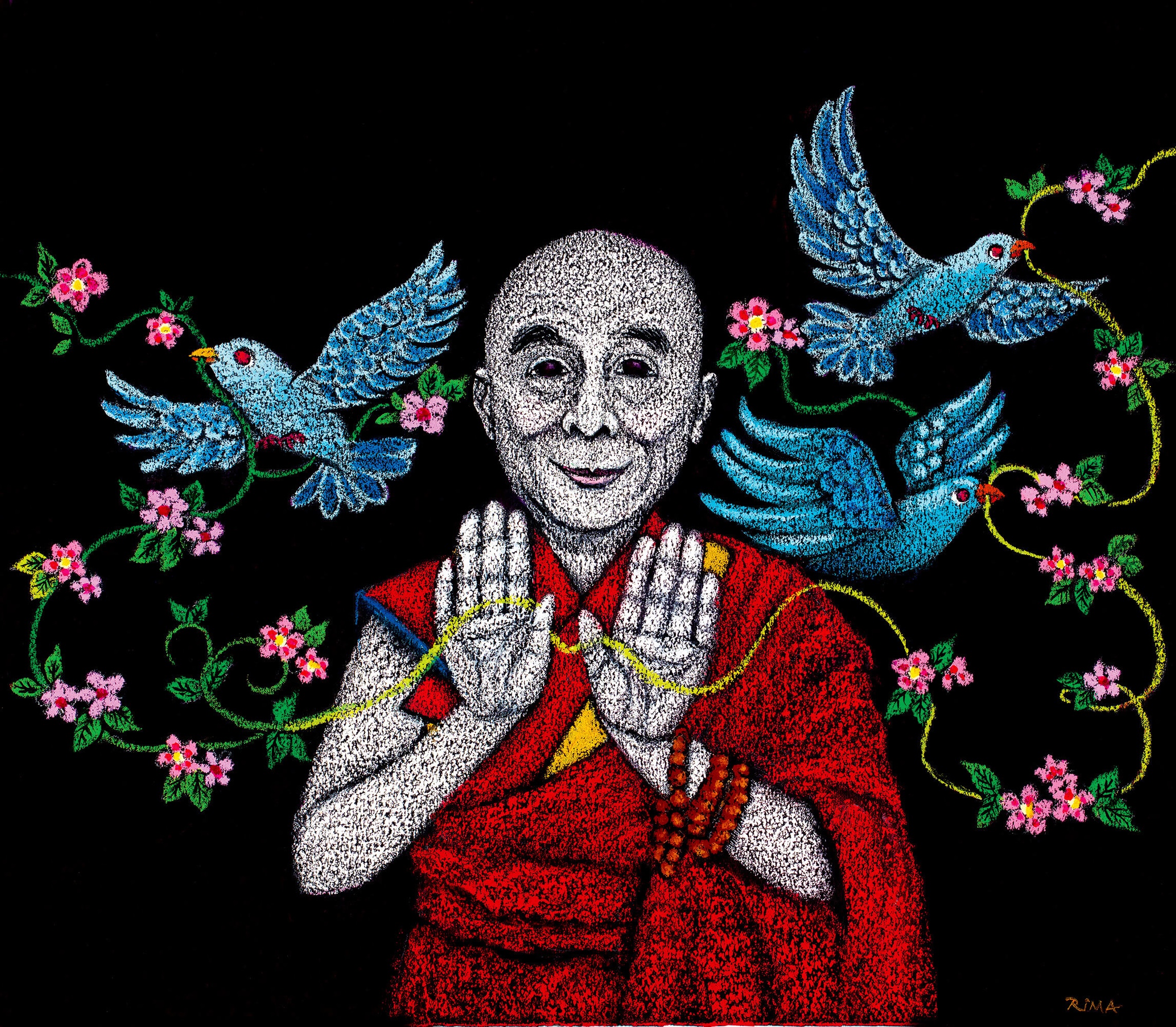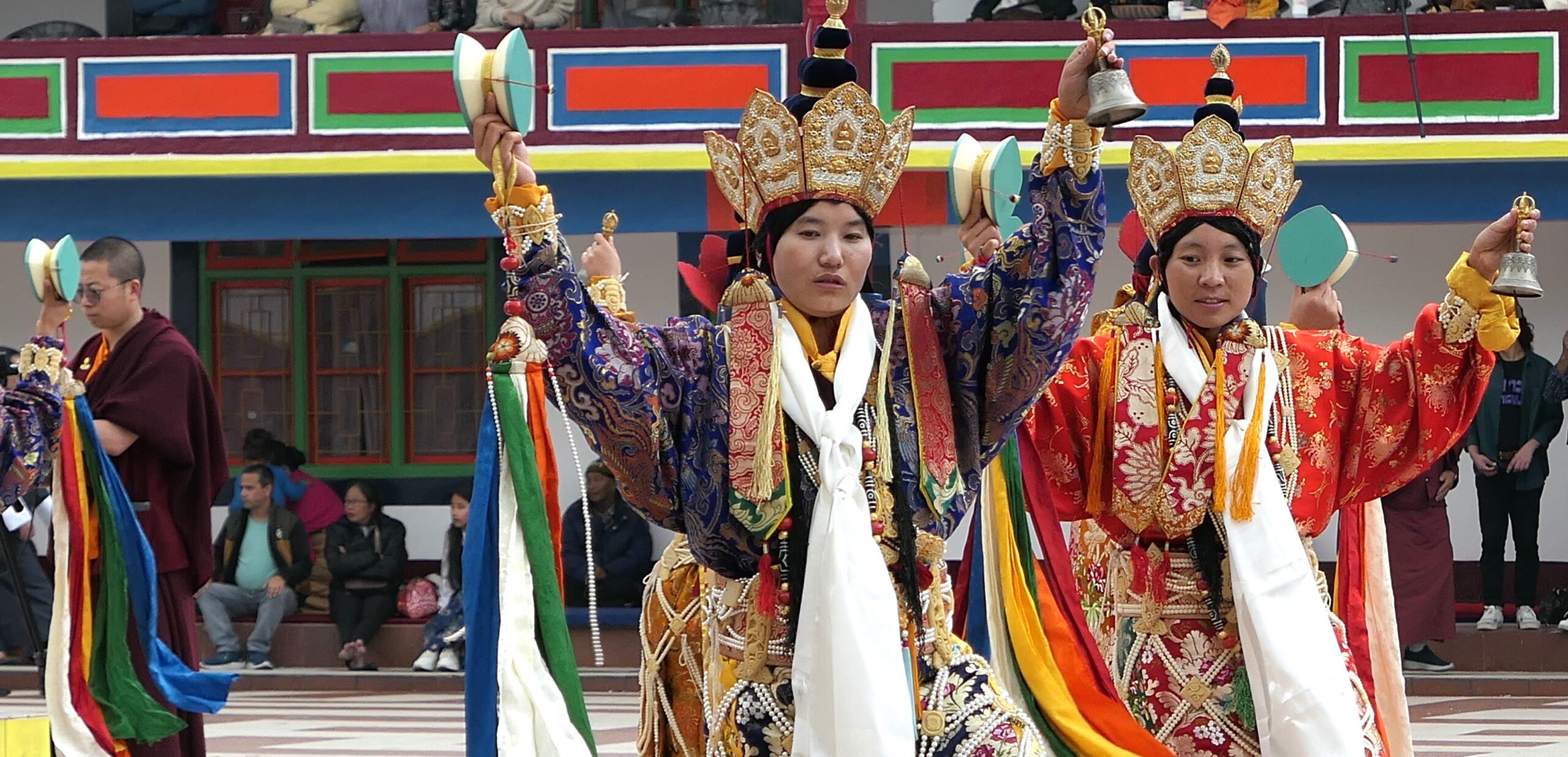
Buddhist Nunneries Dance a New Chapter of Empowerment & Opportunity
Karen Greenspan spent four years following these pioneering practitioners, revealing a story of tradition, transformation, and the ongoing movement toward gender equality in Tibetan Buddhism.
Deep Dive
Heart Journeys: All About Buddhist Pilgrimage
“The aim of all Buddhist practice,” writes Dzongsar Khyentse Rinpoche, “is to catch a glimpse of the awakened state. Going on pilgrimage, soaking up the sacred atmosphere of holy places, and mingling with other pilgrims are simply different ways of trying to achieve that glimpse.”
With the next Lion’s Roar pilgrimage offering coming up at March’s end — a “Heart Journey Pilgrimage” to Bhutan and Nepal led by Alex & Sisse d’Artois of Himalayan Hermitage — we’re sharing practical information, and plenty of inspiration, for anyone who might one day undertake Buddhist pilgrimage. (There are plenty of opportunities: other Lion’s Roar pilgrimages this year include trips to Mongolia, Tibet and Nepal, and India and Nepal.)
Featuring pieces by Dzongsar Khyentse Rinpoche, Shantum Seth, Andrea Miller, Scott Tusa, and more.
Make the Most of Your Pilgrimage
Dzongsar Khyentse Rinpoche explains how to get the most out of your spiritual journey to India, from generating proper motivation to the most effective practices for accumulating merit and wisdom while visiting Buddhism’s holy sites.
In the Land of the Thunder Dragon
From the philosophy of Gross National Happiness to the emerging Gelephu Mindfulness City, Bhutan is reimagining its future through a Buddhist lens. Andrea Miller reports on the country’s evolving balance of tradition and innovation.
Scott Tusa on Pilgrimage, Parenting, and Practice in Nepal
Mariana Restrepo speaks with dharma teacher Scott Tusa while on pilgrimage in Nepal, reflecting on the intersections of practice, pilgrimage, and parenting—from shared monastic roots to the realities of everyday life.
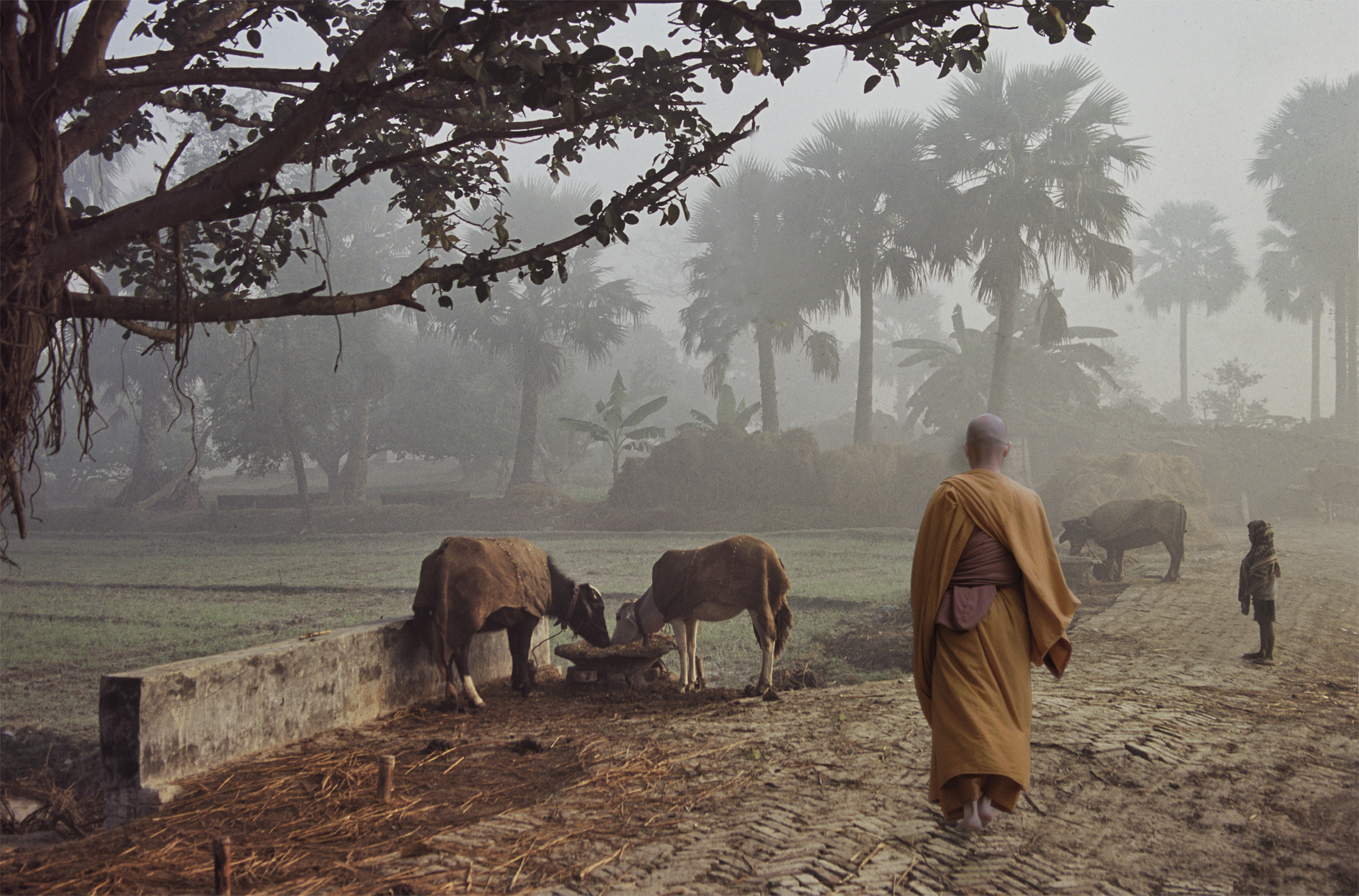
Footsteps of Buddha: Buddhist Pilgrimage in India
Read an excerpt from Footsteps of Buddha, the photography book by James Gritz—a visually rich and spiritually grounded reflection on twenty years of pilgrimage to India’s most sacred Buddhist sites.
How YouTube Is Changing Buddhist Pilgrimage and Re-Historicizing Buddhism’s Past
Nikhil Stewart shares what he’s learned by interviewing 30 monks about how vlogging (video-blogging) has impacted Buddhist pilgrimage — online, and “IRL.”
The Pilgrim’s Progress
Joseph Szostak reports from India on the history of Buddhist pilgrimage and the challenges and benefits of this ancient practice.
12 Extraordinary Buddhist Temples & Monasteries
Embark on a visual pilgrimage through awe-inspiring Buddhist sacred sites from around the world.
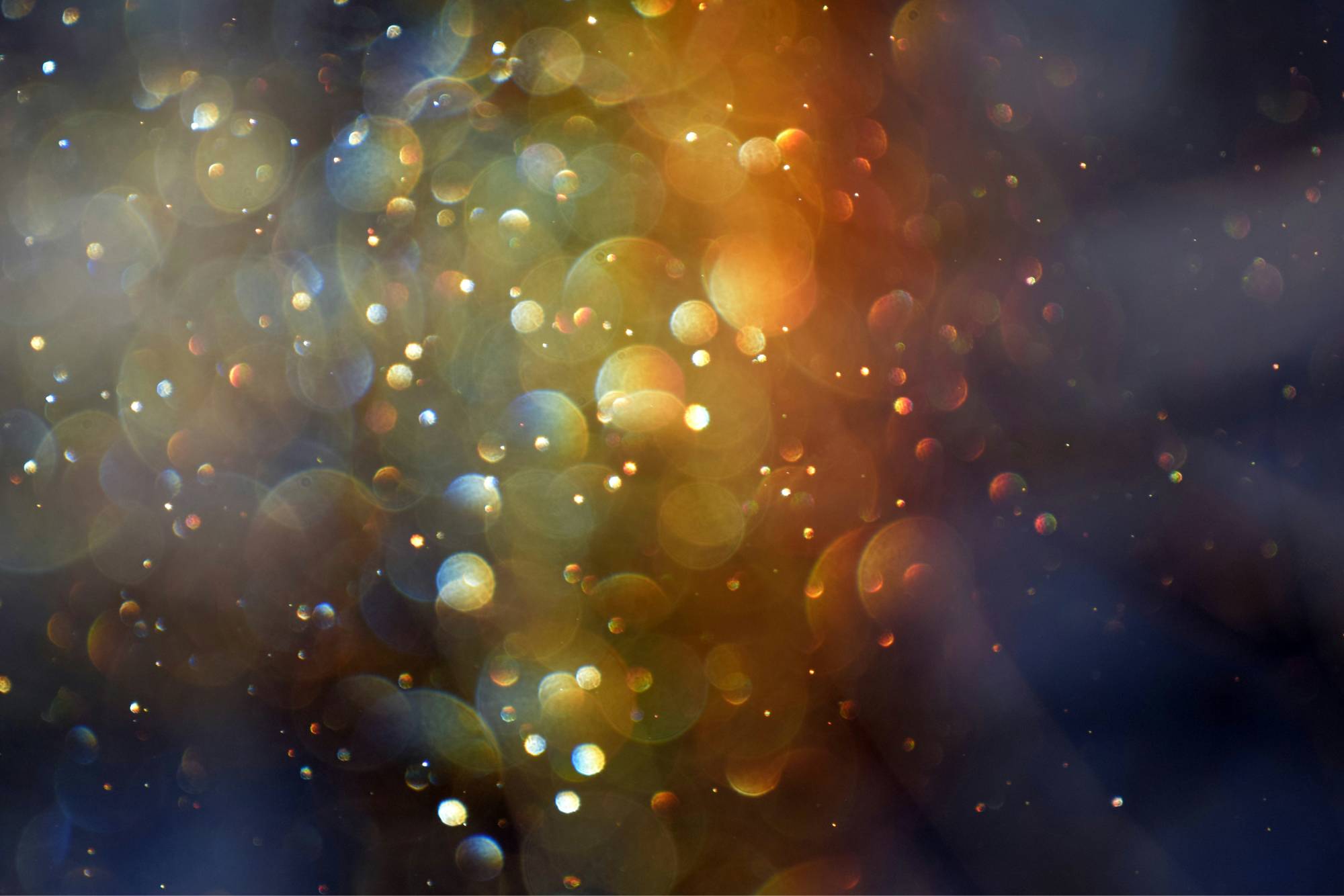
The Building Blocks of Belonging
According to Willa Blythe Baker, making a strong, healthy community starts with understanding how it is constructed.
What “Integrated Meditation” Is, and Why It Matters
Amma Thanasanti explains how her program functions to “restore the relational ground required for deeper healing — and for meditation itself — to function.”
Dharma Books: Excerpts
Commentary: Embrace the Queerness of Buddha, Dharma, and Sangha
Transgender Buddhist monastic and social justice worker Ven. Tashi Choedup on Buddha as their teacher, dharma as their guardian, and sangha as their guide.
I Vow Not to Burn Out
Mushim Patricia Ikeda says it’s not enough to help others. You have to take care of yourself too.
See Things Clear Through
Upasika Kee Nanayon shows us how to combine concentration and clear-seeing to penetrate the “mass of deceit” that is the mind.
New Atlanta exhibit features Rima Fujita’s works on the Dalai Lama
The exhibit will run from February 13 through June 7, featuring imagery of the Dalai Lama, whom Rima Fujita considers her principal teacher.
Buddhism A–Z
Learn all about key Buddhist terms, concepts, and traditions in our in-depth glossary — perfect for beginners and committed dharma practitioners alike.


